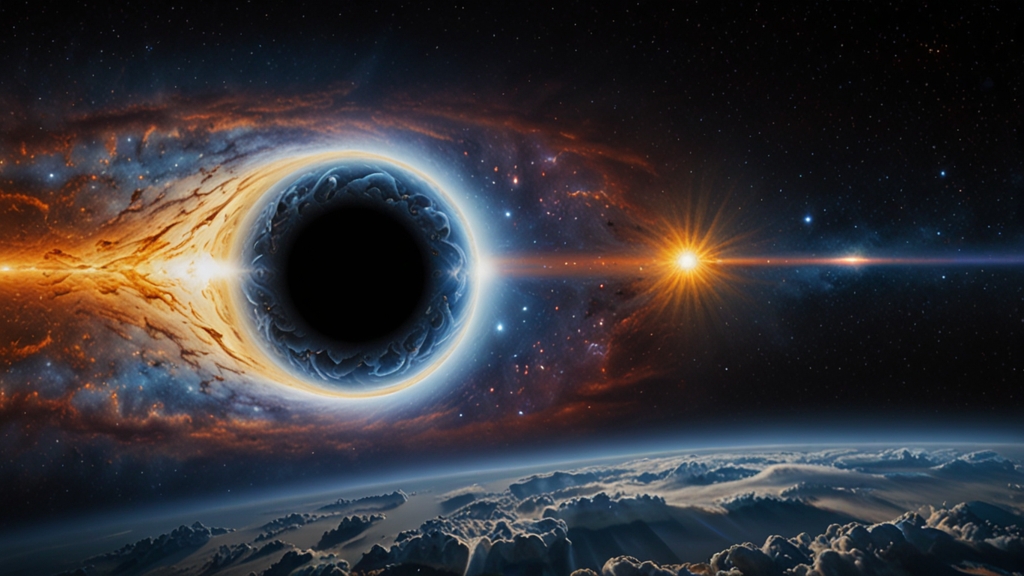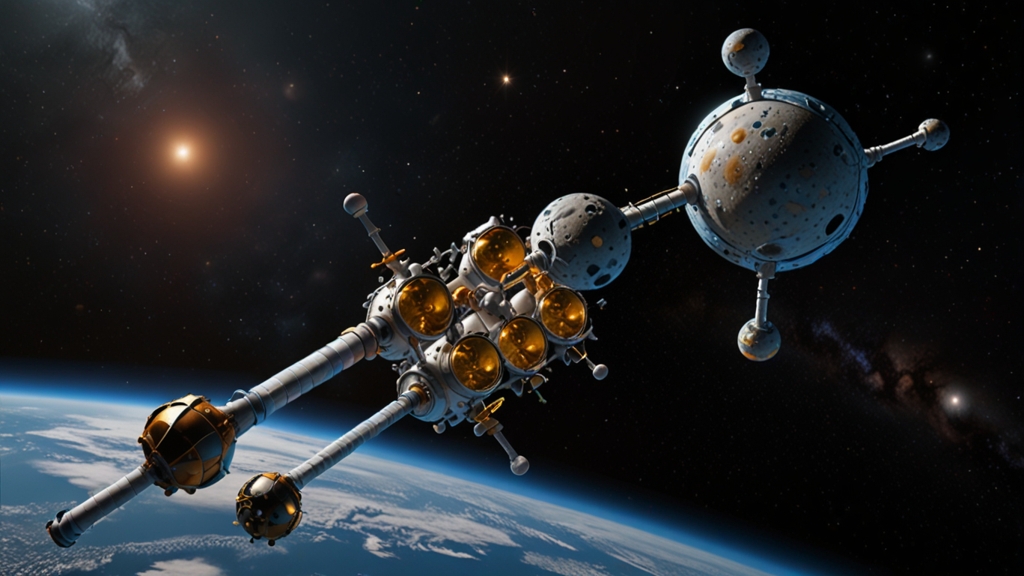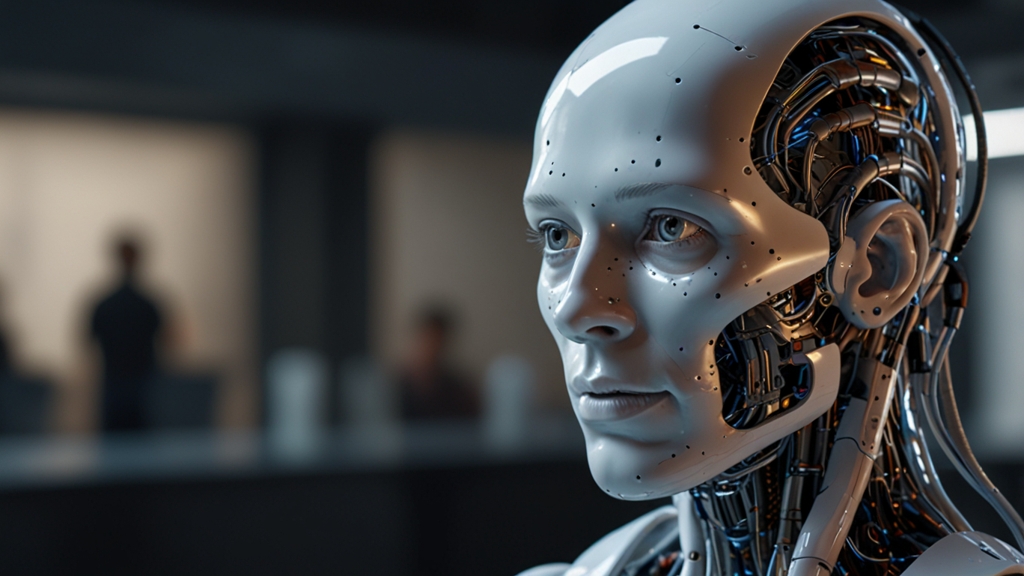Is Time Travel Possible? Scientists Reveal Astounding Theories
Time travel has been a topic of intrigue, speculation, and wonder for centuries. From the imaginative tales of H.G. Wells' "The Time Machine" to the modern cinematic marvels like "Interstellar" and "Avengers: Endgame," the concept of moving through time has captivated us. But beyond the realm of fiction, is time travel possible? Astounding theories from physicists and researchers suggest it might not be entirely relegated to the imagination.
The Theory of Relativity: A Gateway to Time Travel?
Albert Einstein’s Theory of Relativity fundamentally changed our understanding of time and space. According to the theory, time is not a constant; it can bend, stretch, and even contract depending on the speed at which an object is moving. At speeds approaching that of light, time dilates significantly. This phenomenon, known as time dilation, has been experimentally verified with precise atomic clocks placed on high-speed aircrafts showing a slower passage of time relative to those on the ground.
This leads to the intriguing possibility of "forward" time travel. If one could travel at nearly the speed of light, theoretically, you could move into the future. However, the engineering challenges and energy requirements make this method currently beyond our reach.
Wormholes: The Cosmic Shortcuts
Another exciting prospect for time travel comes from the concept of wormholes, which are theoretical passages through space-time that could create shortcuts for long journeys across the universe. Wormholes are solutions to the equations of general relativity proposed by Einstein and Nathan Rosen. These ‘Einstein-Rosen bridges’ could, in theory, connect distant points in space and time.
The catch, however, is their hypothetical nature. No empirical evidence has yet been found to confirm the existence of wormholes. Additionally, even if they do exist, maintaining their stability would require exotic matter with negative energy density—something that currently resides only in the sphere of theoretical physics.
Grandfather Paradox: The Conundrum of Consistency
One of the biggest challenges to the feasibility of time travel, especially to the past, is the series of paradoxes it introduces, the most famous of which is the Grandfather Paradox. Suppose you traveled back in time and inadvertently caused your grandfather's death before your parent was conceived. This would lead to a logical inconsistency—how could you exist to travel back in time in the first place?
"The Grandfather Paradox highlights a critical issue with backward time travel—the potential for events to contradict themselves, thereby creating inconsistencies in the timeline," explains Dr. Charles Liu, an astrophysicist.
Modern Research: Quantum Mechanics and Closed Timelike Curves
Some modern theories suggest that quantum mechanics might provide a pathway to resolving these paradoxes. The concept of "closed timelike curves" (CTCs) in the framework of general relativity offers a tantalizing glimpse. These curves allow for paths in space-time that loop back on themselves, effectively enabling travel to the past.
Proponents argue that if an object follows a CTC, it could theoretically interact with its past self, but with constraints that prevent paradoxes. Such ideas are still highly speculative, but they offer intriguing possibilities. Quantum entanglement, another cornerstone of quantum mechanics, also suggests a potential relationship with time travel, although the exact mechanisms remain elusive.
"Quantum mechanics introduces a level of unpredictability and complexity that may hold the key to understanding time travel," notes Dr. Marina Cortéz, a physicist specializing in quantum theory. "However, we are far from turning these theories into practical applications."
The Ethical and Philosophical Implications
Even if time travel becomes technically possible, it raises numerous ethical and philosophical questions. What regulations and safeguards would be essential to prevent misuse? How would altering the past impact the present and future? These questions underscore the profound implications time travel would have on our understanding of reality and existence.
"Time travel would fundamentally alter our perception of causality and free will," remarks Dr. Susan Hockfield, a philosopher of science. "It challenges the linear progression of events that we take for granted."
Conclusion
While the idea of time travel is largely theoretical and fraught with paradoxes and challenges, contemporary scientific theories provide a glimmer of possibility. Whether it’s via the relativistic effects of near-light speed travel, the enigmatic properties of wormholes, or the perplexing principles of quantum mechanics, the pursuit continues to captivate scientists and laypeople alike.
For now, time travel remains an enthralling component of science fiction, but who knows what breakthroughs the future—or perhaps the past—might hold?








